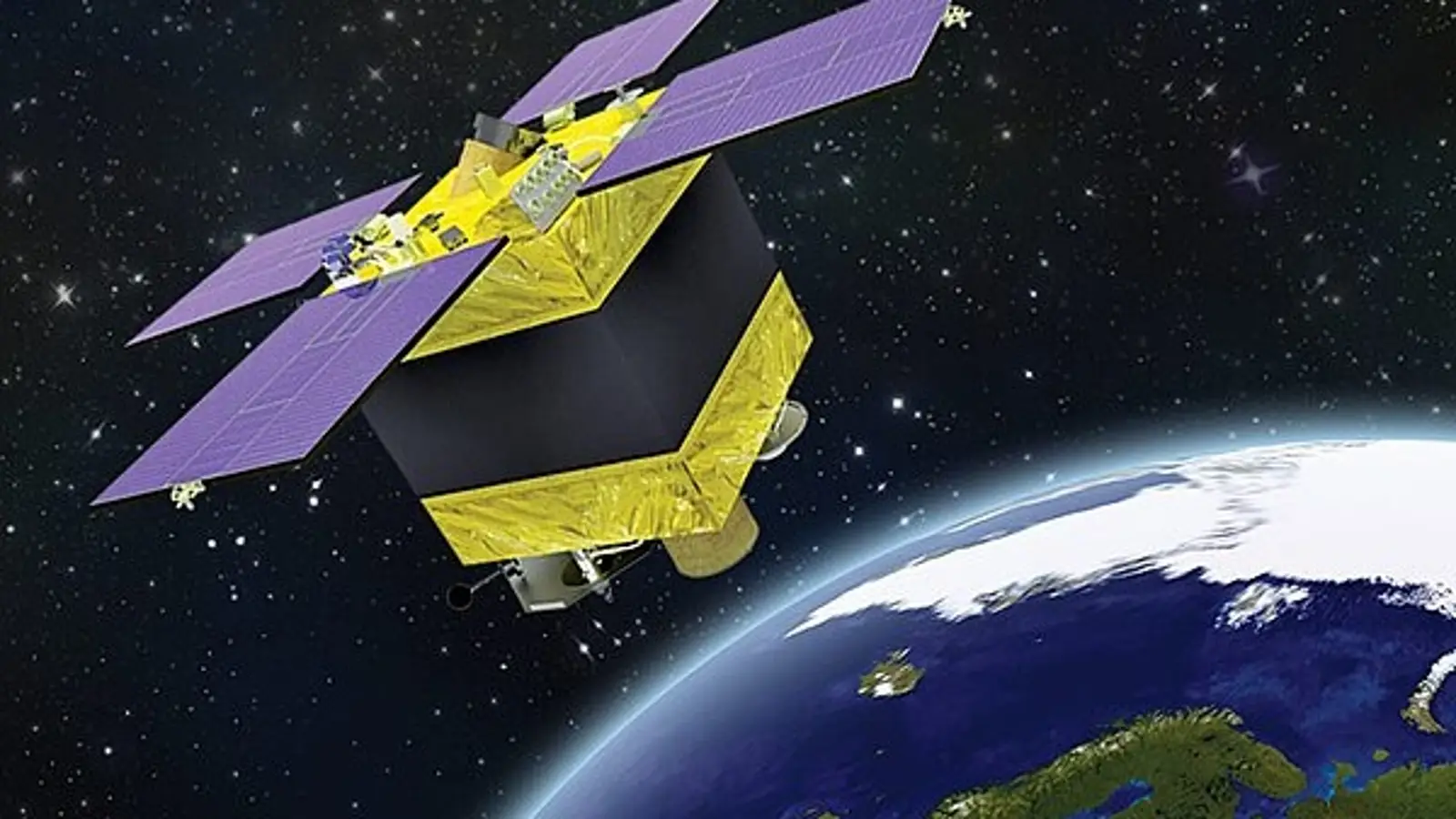Russia and China are developing satellite-killing technologies while Europe and the UK struggle to protect their space assets, raising fears of future conflict in orbit.
Outer space could soon become the next major battlefield. According to The Telegraph, Russia and China have been rapidly developing technologies capable of destroying enemy satellites, while Europe and Britain lag far behind. The lack of significant progress in safeguarding their space assets leaves them increasingly vulnerable in a potential conflict.
One of the most alarming developments is the surge in Russian intelligence-gathering activities targeting European satellites. Russian spacecraft such as Luch-Olymp regularly monitor key European orbital infrastructure. Although the precise purpose of these maneuvers remains unclear, experts believe Moscow may be exploring ways to intercept, jam, or distort satellite signals. Incidents involving German Intelsat satellites — which frequently encounter Russian vehicles in orbit — are cited as evidence supporting this assessment.
Tensions in space have also intensified amid Russia’s growing international isolation following the outbreak of the conflict in Ukraine. Moscow continues to test its capabilities in orbit, while the International Space Station is expected to cease operations by 2030. Analysts warn this could further widen the divide between Russian and Western space agencies.
Russia’s increasingly risky behavior in space has raised additional concerns. A notable example was the incident involving the Kosmos-2558 satellite, which approached dangerously close to the American reconnaissance satellite USA-326, sparking speculation that Russian spacecraft could be equipped with anti-satellite weaponry.
These developments highlight a stark reality: space is becoming a potential theater of future armed conflict. Satellites now underpin nearly every aspect of modern warfare — from navigation and communication to intelligence gathering. Any disruption to these systems could have devastating consequences. A breakdown of global navigation networks like GPS, for instance, could lead to communication blackouts and trigger financial system failures, paralyzing banks, airports, and other critical infrastructure.
In response to emerging threats, the United Kingdom established a dedicated Space Command in 2021 to defend national interests beyond Earth. Yet, Britain and Europe remain significantly behind other powers — including Russia, the United States, China, and India — which are rapidly expanding their space capabilities.
The European Space Agency (ESA) is now working on a new strategy to safeguard the continent’s orbital infrastructure. The plan includes developing satellites capable of ensuring navigation and communications security during wartime or natural disasters. France and Germany have also begun designing so-called «space bodyguards» — protective satellites intended to shield vital assets from hostile actions.
The authors of the report warn that Europe and Britain must urgently ramp up investment in space defense. Without decisive action, they risk falling further behind in the global space race — and losing a future confrontation in orbit before it even begins.

